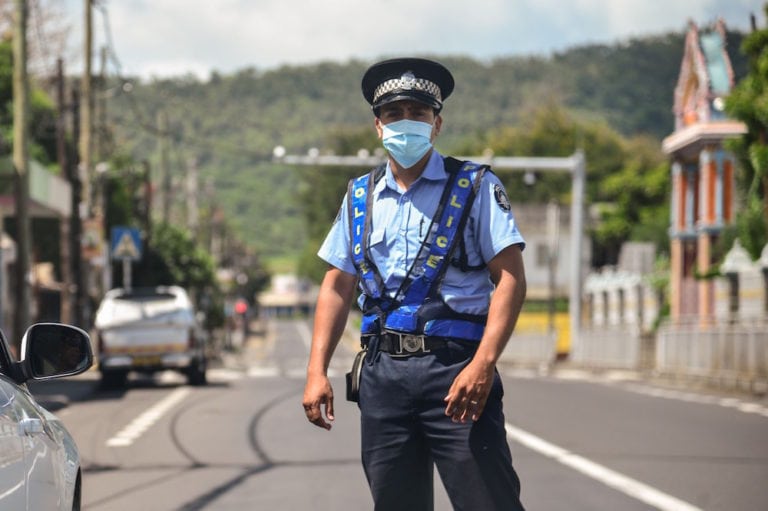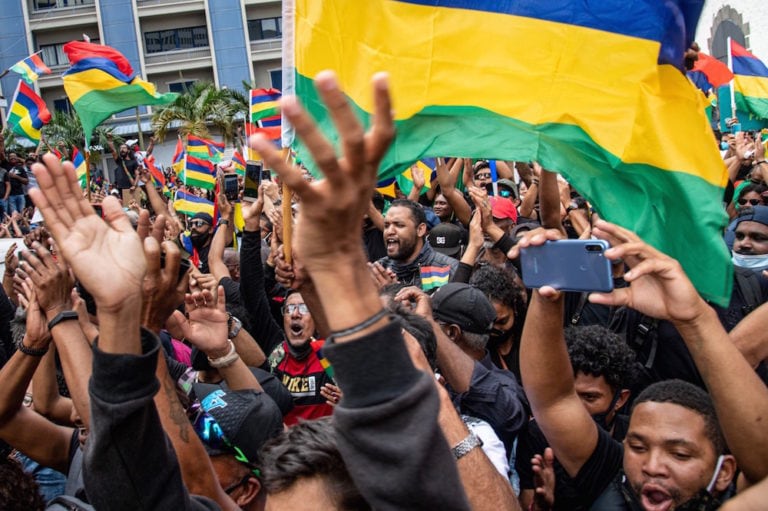Navin Ramgoolam accused the daily "L'Express" and the weekly "Week-End" of defending an opposition leader's interests.
(RSF/IFEX) – Reporters Without Borders deplores the extremely aggressive comments about the independent media that Prime Minister Navin Ramgoolam made at a meeting of the ruling Alliance of the Future on 1 May 2011. Ramgoolam accused the daily “L’Express” and the weekly “Week-End” of defending the interests of opposition leader Paul Bérenger of the Mauritian Militant Movement.
Ramgoolam often uses harsh language but he went too far in a personal attack on “L’Express” editor Raj Meetarbhan, describing him as not being worthy to “shine my shoes.”
Meetarbhan told Reporters Without Borders he was very worried. “The virus of repression is there, the signs are evident and I fear that the independent media in Mauritius will have a sombre future,” he said. “I was in Zimbabwe at the start of the 1980s, when the country was democratic and had a free press. Then I saw it go to hell. I was a direct witness of Robert Mugabe’s excesses, the attacks on journalists and government opponents, and I fear an identical scenario in Mauritius.”
Meetarbhan continued: “Our prime minister is insulting the press. He throws the names of journalists to the crowd, which is tantamount to calling for them to be lynched. If he is not happy, he can write an opinion piece in ‘L’Express’. I will give him space in my newspaper. He says I am not worthy of polishing his shoes? You see the level to which the prime minister is bringing the debate in a country that is supposed to be democratic. He wants to smear ‘L’Express’, accusing it of being in the pay of the private sector and big business. This is spreading racial poison.”
“Such comments by the prime minister are creating an appalling climate between the government and media. They are liable to induce most journalists to censor themselves and do Mauritius’ image a great deal of harm. The fact that they were made just two days ahead of World Press Freedom Day, on 3 May, is particularly shocking,” Reporters Without Borders said.
La Sentinelle, the media group that owns “L’Express”, has been in the government’s sights for years and is the victim of a political boycott.
The Independent Broadcasting Authority censored some opposition messages just a few days before the May Day meeting, while Mauritius Broadcasting Corporation, the state-owned TV station, refused to broadcast a TV ad for a yoghurt drink that made fun of the police. The ad can be seen in Facebook, in cinemas and on the L’Express.mu website.
Mauritius was ranked 65th in the 2010 Reporters Without Borders press freedom index, a fall of 14 places from its position in the 2009 ranking.


